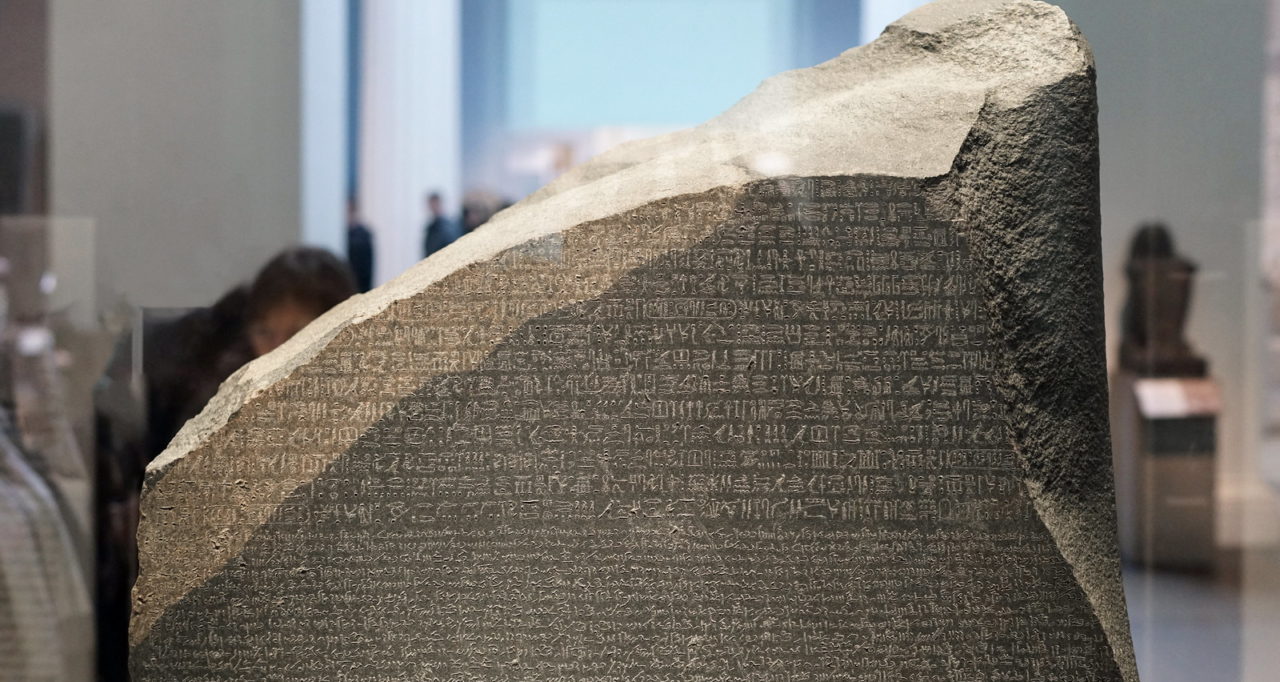Recalling the French linguist who deciphered the Rosetta Stone 150 years ago, Hewlett Packard Enterprise today switched on a tool to unravel its customers’ knottiest problems.
The Champollion AI supercomputer takes its name from Jean-François Champollion (1790-1832), who decoded hieroglyphics that opened a door to study of ancient Egypt’s culture. Like Champollion, the mega-system resides in Grenoble, France, where it will seek patterns in massive datasets at HPE’s Centre of Excellence.
The work will include AI model development and training, as well as advanced simulations for users in science and industry.
Among the system’s global user community, researchers in France’s AI for Humanity program will use Champollion to advance industries and boost economic growth with machine learning.
Inside an AI Supercomputer
Champollion will help HPE’s customers explore new opportunities with accelerated computing. The system is based on a cluster of 20 HPE Apollo 6500 Gen10 Plus systems running the HPE Machine Learning Development Environment, a software stack to build and train AI models at scale.
It’s powered in part by 160 NVIDIA A100 Tensor Core GPUs, delivering 100 petaflops of peak AI performance for the cluster. They’re linked on high-throughput, low-latency NVIDIA Quantum InfiniBand that sports in-network computing.
The system can access NGC, NVIDIA’s online catalog for HPC and AI software, including tools like NVIDIA Triton Inference Server that orchestrates AI deployments, and application frameworks like NVIDIA Clara for healthcare.
Users can test and benchmark their own workloads on Champollion to speed their work into production. It’s the perfect tool for Grenoble, home to a dense cluster of research centers for companies in energy, medicine and high tech.
Powerful Possibilities
The system could help find molecular patterns for a new, more effective drug or therapy. It could build a digital twin to explore more efficient ways of routing logistics in a warehouse or factory.
The possibilities are as varied as the number of industries and research fields harnessing the power of high performance computing.
So, it’s appropriate that the Champollion system debuts ahead of ISC, Europe’s largest gathering of HPC developers. This year’s event in Hamburg will provide an in-person experience for the first time since the pandemic.
Whether you will be in Hamburg or online, join NVIDIA and watch the conference keynote, Supercomputing: The Key to Unlocking the Next Level of Digital Twins, to learn more about the potential of HPC+AI to transform every field.
Rev Lebaredian, who leads NVIDIA Omniverse and simulation technology at NVIDIA, along with Michele Melchiorre, a senior vice president at BMW Group, will show how supercomputing can unlock a new level of opportunities with digital twins.
Feature image credit: Steven Zucker, Smarthistory.
